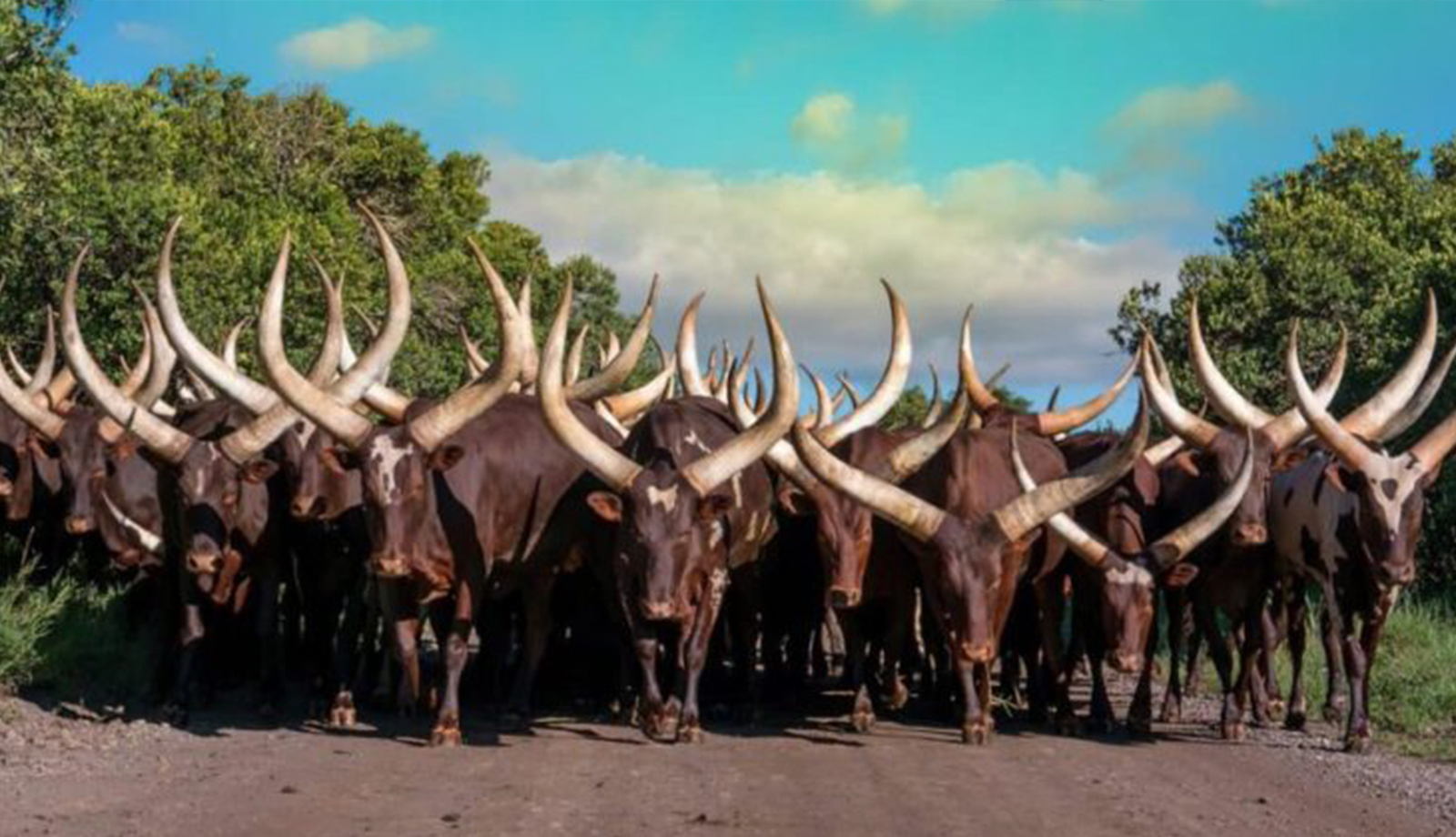More than 15,000 cattle herders, known as balaalo, operating in Northern Uganda have confronted President Museveni with an urgent plea to halt a newly announced eviction order. Describing the directive as steeped in tribalism, misinformation, and political bias, the herders argue it unfairly targets them despite their legal acquisition of land.
Latest
Former EC Spokesperson Taremwa Seeks NRM Flag for Nyabushozi
Echodu Secures NRM Soroti West Ticket After Rival Steps Down for Party Unity
Police Warn Against Rising Attacks on Officers, Mob Justice in Eastern Uganda
UPDF Troops in Somalia Urged to Prioritise Health for Mission Success
Traffic Police Launch Road Safety Drive at Bwaise Bus Terminal
Chairman Nyanzi Switches to Kawempe South, Seeks NUP MP Ticket
NRM Claims 125 of 135 Kampala Villages, Declares City Comeback
Gold Scam Suspect Remanded Over $105,000 Fraud
Gathering at a regional meeting in Kigumba Town, delegates from the West Nile, Lango, and Acholi sub-regions demanded that the President reconsider the eviction mandate, issued last week and scheduled to take effect on June 25, 2025. The order seeks the removal of all balaalo and their cattle from the North.
“We are law-abiding citizens,” stated Alex Mwesige, chairperson of the Northern Uganda Commercial Farmers Association. “Most of our people obtained land through proper channels and have documentation to prove it.” He denounced the eviction as “unjustified” and “fueled by tribal sentiments and political manipulation.”
Mwesige emphasized the economic value they bring to local communities. “We pay taxes, employ workers, and our livestock industry contributes to district development. Why destabilize us?”
He also rejected the derogatory use of the term balaalo, asserting it simply means ‘cattle herder’ and should not be wielded to label or marginalize any ethnic group.
The grievances were echoed by other affected herders. Sophia Natukunda of Acholi recounted how she abandoned crop farming after demarcating her land under presidential instruction only to now face eviction with no resettlement plan. “Our families are at risk of famine,” she cautioned.
In Amuru District, Dominic Savior criticized the eviction’s unfairness: “We complied legally now we’re told to leave. Where are we supposed to go?”
Large‑scale farmers also voiced concern. Geoffrey Mwiine, owner of 318 acres, called for thorough investigations before enforcing removal. Edward Tumwesigye Kananura, who manages 200 acres and 500 cattle, warned of dire economic fallout: “I produce over 10,000 litres of milk daily and pay local taxes. Forcible eviction without alternatives is unacceptable.”
The eviction is expected to displace over 10,000 people and impact more than one million cattle, triggering alarms of an economic and humanitarian crisis unless mitigated by proper safeguards.
The eviction directive is the second by President Museveni this year, reinstating measures from May aimed at regulating free-ranging livestock.
The first order was delayed due to an outbreak of foot-and-mouth disease, and non-compliance by herders prompted renewed action.
Brig Gen Felix Busizoori, commander of the UPDF’s 4th Infantry Division, announced that the new order will be implemented in phases beginning June 25. An audit will follow to assess claims of lawful settlement, while politicians will be excluded from the process.
Local leaders in Acholi and Lango have called the eviction too hasty and called for verification of land ownership before enforcing resettlement.
As the deadline nears, protesters are urging the government to adopt a measured, inclusive approach that balances environmental and social concerns without triggering displacement or economic collapse.
President Museveni’s latest directive, known as Executive Order No. 2 of 2025, criminalizes the free-range grazing of livestock in Northern Uganda and sets a strict June 25 start date for the eviction. Security forces and regional authorities are tasked with enforcing a phased withdrawal over 65 days .





